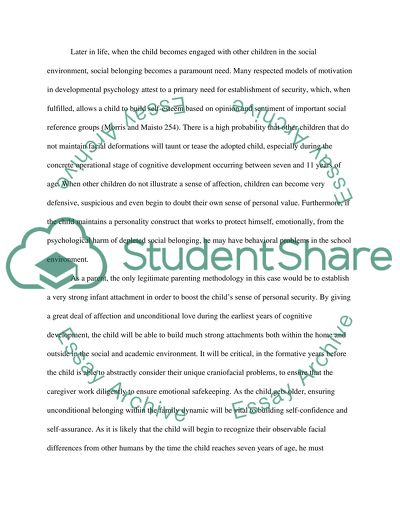Cite this document
(“My Lot in Life Research Paper Example | Topics and Well Written Essays - 2000 words”, n.d.)
My Lot in Life Research Paper Example | Topics and Well Written Essays - 2000 words. Retrieved from https://studentshare.org/psychology/1472157-my-lot-in-life
My Lot in Life Research Paper Example | Topics and Well Written Essays - 2000 words. Retrieved from https://studentshare.org/psychology/1472157-my-lot-in-life
(My Lot in Life Research Paper Example | Topics and Well Written Essays - 2000 Words)
My Lot in Life Research Paper Example | Topics and Well Written Essays - 2000 Words. https://studentshare.org/psychology/1472157-my-lot-in-life.
My Lot in Life Research Paper Example | Topics and Well Written Essays - 2000 Words. https://studentshare.org/psychology/1472157-my-lot-in-life.
“My Lot in Life Research Paper Example | Topics and Well Written Essays - 2000 Words”, n.d. https://studentshare.org/psychology/1472157-my-lot-in-life.


